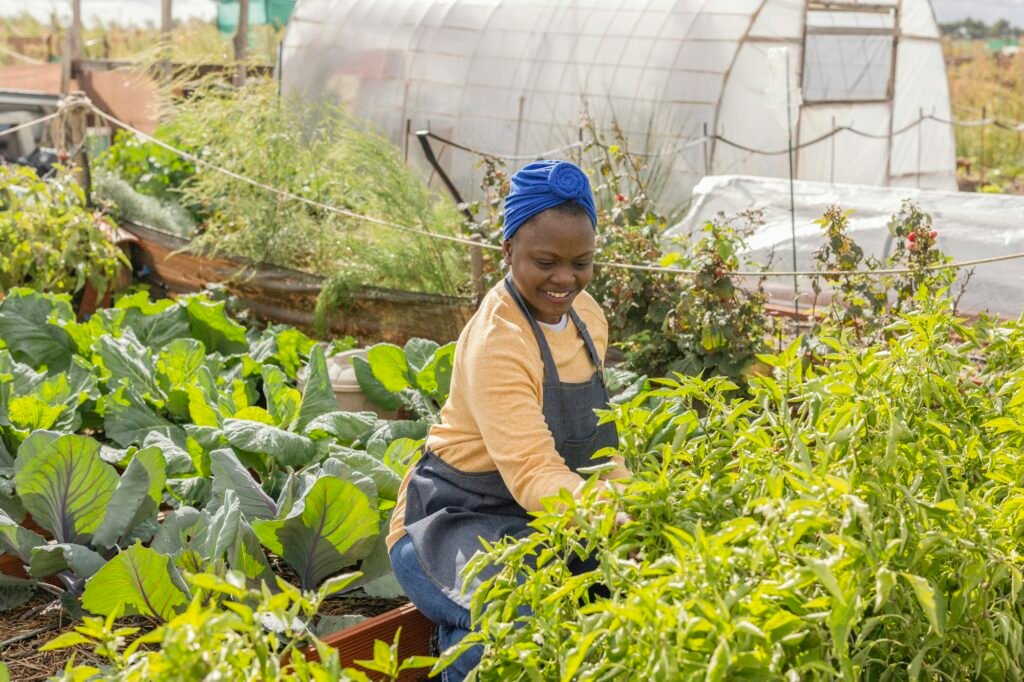Immigrants experience a high risk of mental health deterioration following settlement in Canada. Immigrant communities benefit from health-promoting interventions that stimulate social inclusion and belonging as protective factors. In this context, community gardens have been recognized as interventions that promote healthy behaviours, place attachment and belonging.
This article summarizes our experience conducting a community-based participatory evaluation (CBPE), engaging community stakeholders in planning, implementing and evaluating a community garden for immigrants. We conducted a CBPE to provide relevant and timely feedback to inform programme adaptation and development. Participants, interpreters and organizers were engaged through surveys, focus groups and semi-structured interviews. Participants expressed a range of motivations, benefits, challenges and recommendations. The garden was a place that fostered learning and promoted healthy behaviours, including physical activity and socialization. However, there were challenges in organization and communication with participants. Findings were used to adapt the activities to immigrants’ needs and expand the programming of collaborating organizations. Stakeholder engagement facilitated capacity building and direct use of findings. This approach may catalyse sustainable community action with immigrant communities.
Reference
Charles-Rodriguez, U., Aborawi, A., Khatiwada, K., Shahi, A., Koso, S., Provic, S., Sanford, C., Larouche, R. (2023) Hands-on-ground in a new country: a Community Based Participatory Evaluation with immigrant communities in Southern Alberta. Global Health Promotion, 30(4), 25–34. https://doi.org/10.1177/17579759231176293

